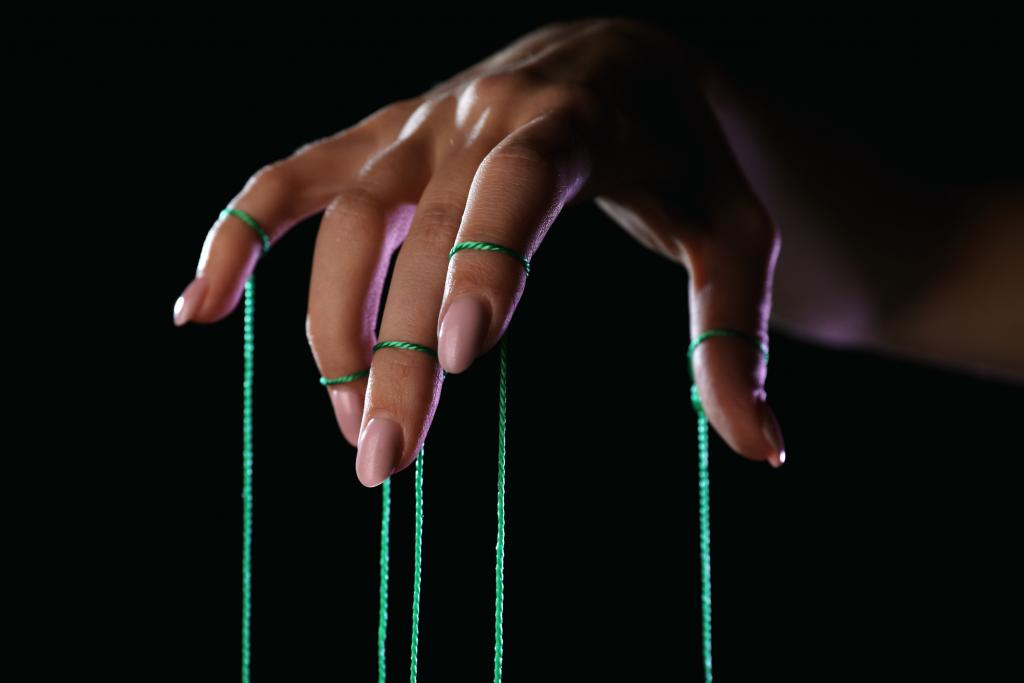
The High Court has confirmed that the Claimant David Whittle (“the Claimant”) successfully made out a case for fraudulent calumny, shining a slightly brighter spotlight on this rarely pleaded, and rarely successful, will validity challenge.
However, it is still a difficult claim to succeed on, and it is unlikely that practitioners will favour challenging a will on grounds of fraudulent calumny over other grounds such as that a will was drafted without the testator’s knowledge and approval any time soon.
Summary
The case concerned the Will of the Claimant’s father Gerald Whittle (“the Deceased”) who died from Leukemia when he was 92. The Deceased’s daughter (“Sonia”) and her husband (“Ray”) were the defendants. The Deceased’s Will was executed on 15 November 2016, and appointed Sonia and Ray as executors. The Will left the Claimant very little, only the Deceased’s cars and the contents of his shed and garage. The rest of his estate was left to Sonia and Ray in equal shares. The Will stated that the reason for leaving the Claimant so little was ’because [they] have become estranged’.
The Claimant alleged that Sonia made a number of false representations to the Deceased and to his legal advisor (who the Deceased instructed in relation to his Will), that the Claimant:
- had stolen money from his mother-in-law;
- was a violent man who assaulted women;
- and his wife were ‘psychopaths and criminals’ who had ‘removed large sums of money from an account belonging to [his mother in law]’;
- ‘went to [Gerald’s home] and went through [Gerald’s] papers looking for PIN numbers and bank account details’ while the Deceased was in hospital;
- Had committed criminal damage;
The Defendants denied fraudulent calumny. Sonia admitted making ‘negative comments’ about the Claimant but claimed she had a genuine belief in the truthfulness of the comments.
The decision
On the facts, the Judge determined that the Claimant had satisfied the legal test. On the balance of probabilities, it was held that Sonia successfully poisoned the Deceased’s mind by casting aspersions on the Claimant’s character, which Sonia either knew were false or did not care whether they were true or false.
The judge, in reaching his decision, attached significant weight to the lack of evidence given by the defendants. They provided no evidence of the source or basis of the statements, nor did they provide any evidence in support of Sonia’s genuine belief in her allegations, which is often a strong defence against fraudulent calumny claims. On the other hand, the Claimant provided ample character evidence to suggest that the representations were false, including a letter from Thames Valley Police following their investigation into allegations by Sonia of criminal damage and threatening behaviour. The Judge concluded that the aspersions cast on the characters of both the Claimant and his wife were not merely unproven by Sonia, but were completely false. The Judge concluded that Sonia must have known that the allegations were false.
On the question of whether Sonia’s allegations poisoned the Deceased’s mind to the extent that he excluded the Claimant from his estate, the Judge attached weight to the Deceased’s condition at the time. He was 92, frail, living with a debilitating condition and was prone to confusion. Sonia lived with the Deceased at the time, where she had free reign to continuously poison his mind with falsehoods about the Claimant. The Judge held that Sonia’s repeated false attacks on the Claimant’s character succeeded in compelling the Deceased to significantly reduce the Claimant’s provision in the Will.
The Will was set aside and Letters of Administration granted to the Claimant.
Concluding remarks
A claim for fraudulent calumny has a high burden of proof given that it is in effect a species of fraud. Although fraudulent calumny must only be proven to the civil standard of being more probable than not (rather than beyond reasonable doubt required by criminal courts), the courts have made it clear that the evidential threshold is very high. This case serves to highlight just how strong the claimant’s evidence must be in order to succeed in bringing a claim for fraudulent calumny, and importantly, how weak the defendants must be.
